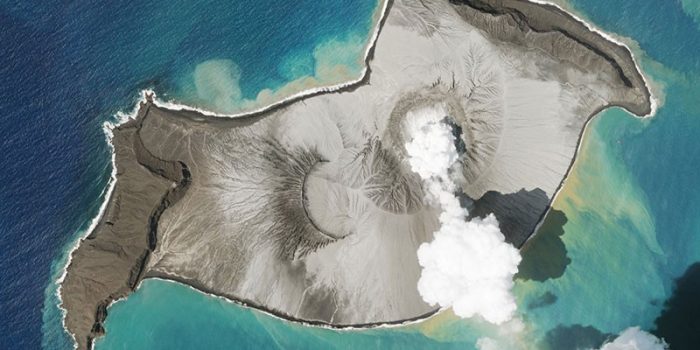While Tonga recovers from a huge underwater volcanic eruption that sent a tsunami rushing into the Pacific island and covered its people in ash, researchers are attempting to better comprehend the consequences of the catastrophic explosion.
According to geologists, the eruption, which launched a cloud of ash and gas far into the air, may have been the world’s greatest eruption in 30 years.
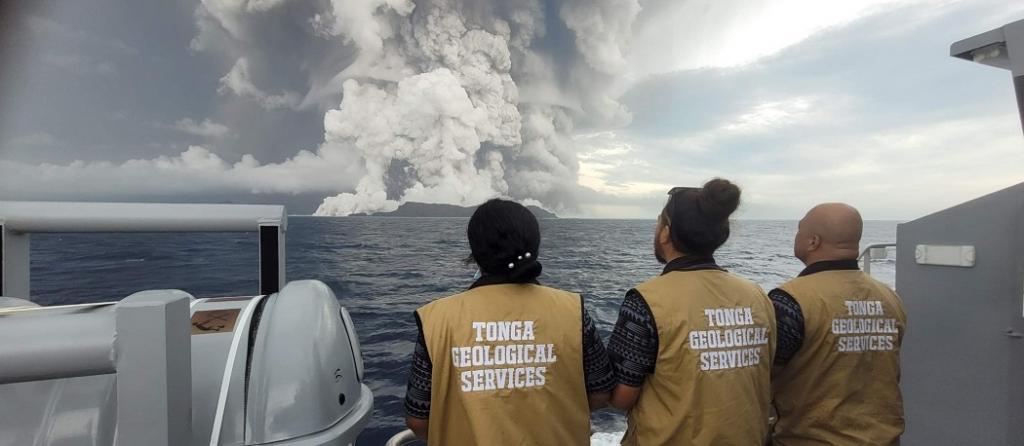
“Based on analysis of data from global weather satellites, our preliminary data for the Tonga volcanic cloud suggests that it reached an altitude of 39km [24 miles],” Oxford University research fellow Simon Proud said on Monday. “We’ll refine the accuracy of that in the coming days, but if correct, that’s the highest cloud we’ve ever seen.”
Though big volcanoes can alter global temperatures and weather, experts say the Saturday eruption near Tonga was likely not strong enough to impact the global climate.
Experts say Saturday’s Hunga-Tonga-Hunga-Ha’apai eruption was the greatest in 30 years. According to NASA satellite data, it blasted a massive cloud of ash and sulfur dioxide, or SO2, high into the sky, more than 30 kilometers (about 19 miles) above sea level.
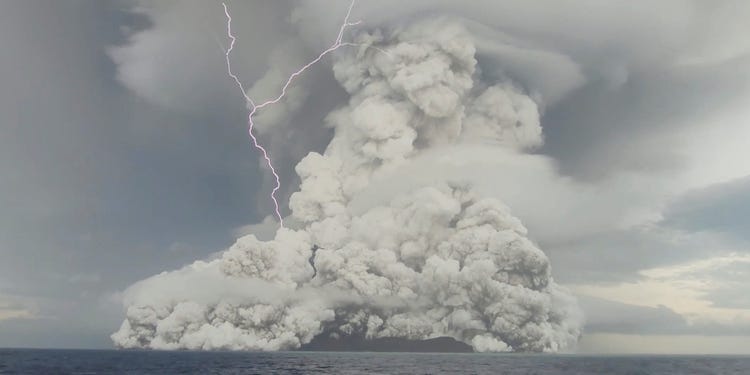
Aerosols can linger for years at that altitude, above the influence of the jet stream in the stratosphere. But, importantly, when SO2 reaches the stratosphere, it combines with water, forming a cloudy layer of gas that hinders sunlight from reaching the Earth’s surface, perhaps leading to colder temperatures.
However, scientists estimate that the total SO2 mass from the Saturday eruption was 0.4 teragrams (400 million kilos of SO2), which is much below the level that experts believe might dramatically impact global climate.
For instance, the 1991 Mount Pinatubo eruption released 15 to 20 teragrams of SO2 into the atmosphere, resulting in a 0.6 degree Celsius (1 degree Fahrenheit) reduction in world temperature throughout the eruption.
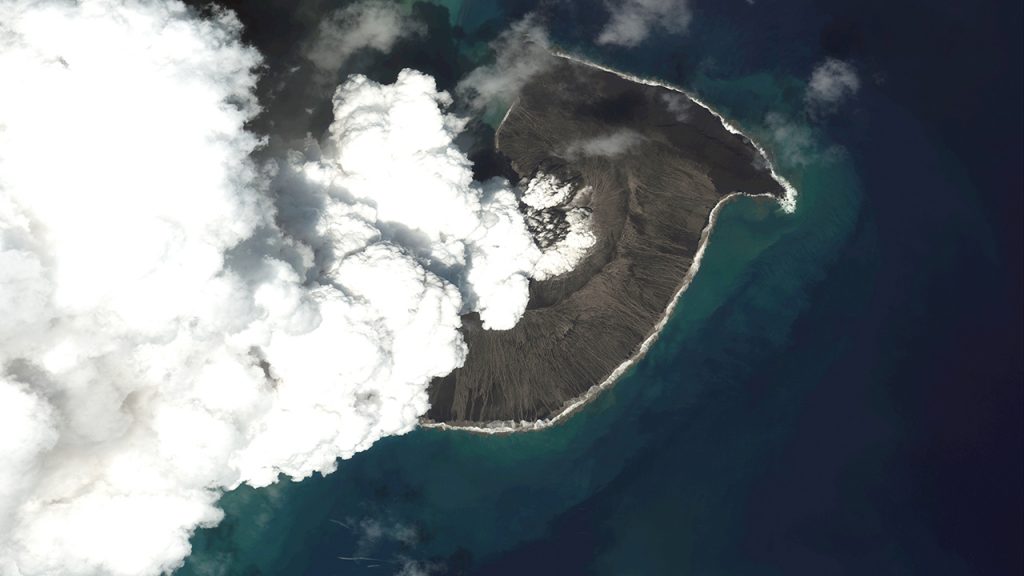
The sulfur dioxide emitted into the atmosphere by the Hunga Tonga eruption, according to Erik Klemetti, associate professor of geosciences at Denison University in Granville, Ohio, was “well below the usual threshold for anything that’s going to have any significant impact on climate in general.”
Other scientists agreed with Klemetti’s opinion.
“If the volcano decides that it’s going to do a number of explosions and keeps on adding, that’ll change things,” Klemetti said. “But right now, it seems like it was a short enough event that didn’t have enough sulfur in it to likely cause much of a climate impact.”
The Tonga eruption, according to Klemetti, may have a regional influence on temperature, though experts are unclear how significant. Klemetti pointed out that it ultimately depends on how much SO2 made it into the stratosphere.
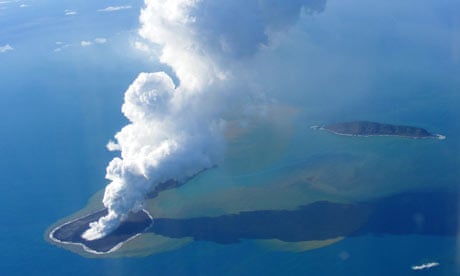
Klemetti further stressed that it is not the ash that influences global temperature and weather. Most people believe volcanic ash reflects sunlight and controls global temperature, yet ash does not persist in the atmosphere for long, unlike aerosols. Instead, a substantial quantity of sulfur dioxide is required.
He defined an ash particle as an “actual physical shard of glass.” “They’re tiny, but they’re heavy enough to fall out of the sky fairly quickly.”

